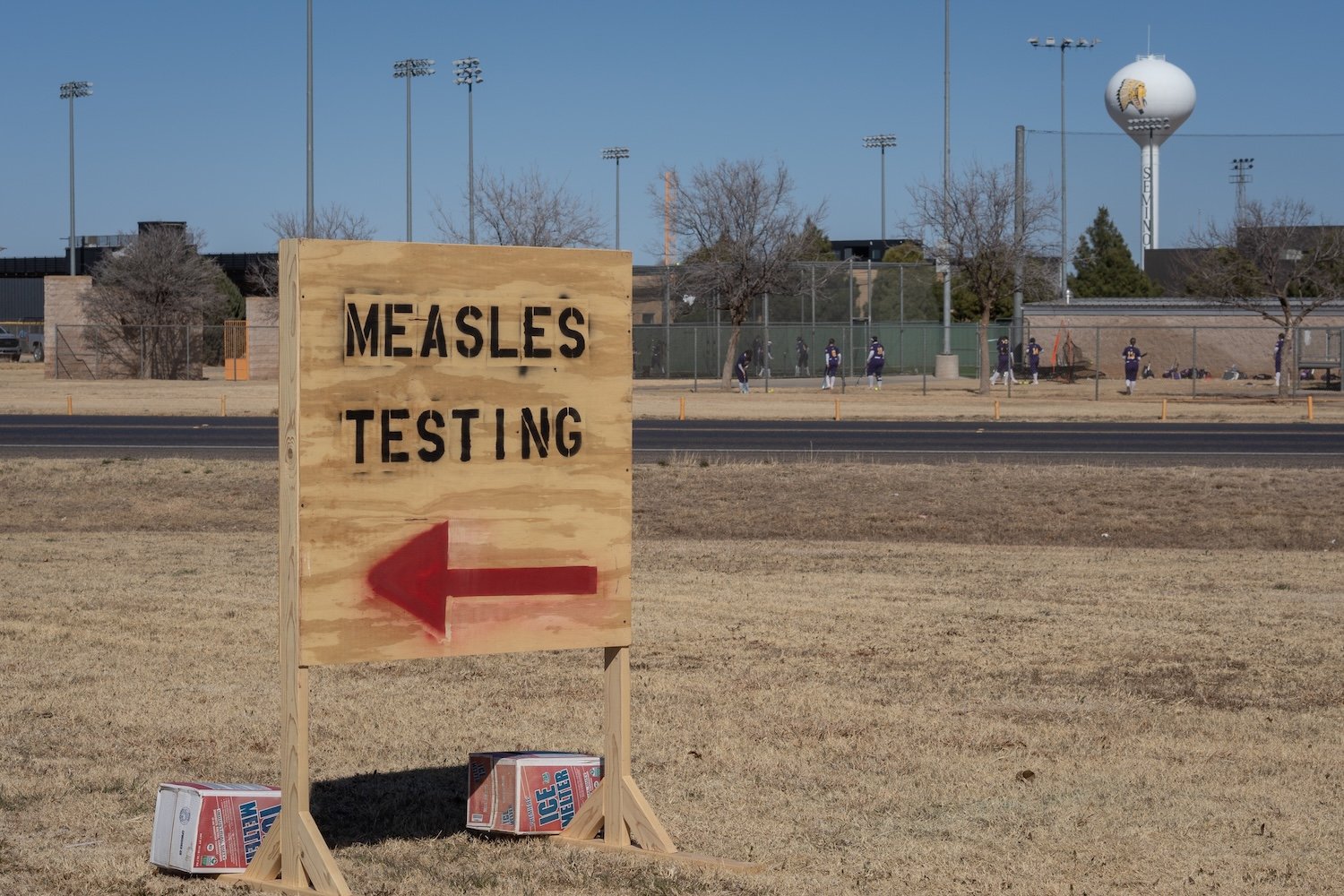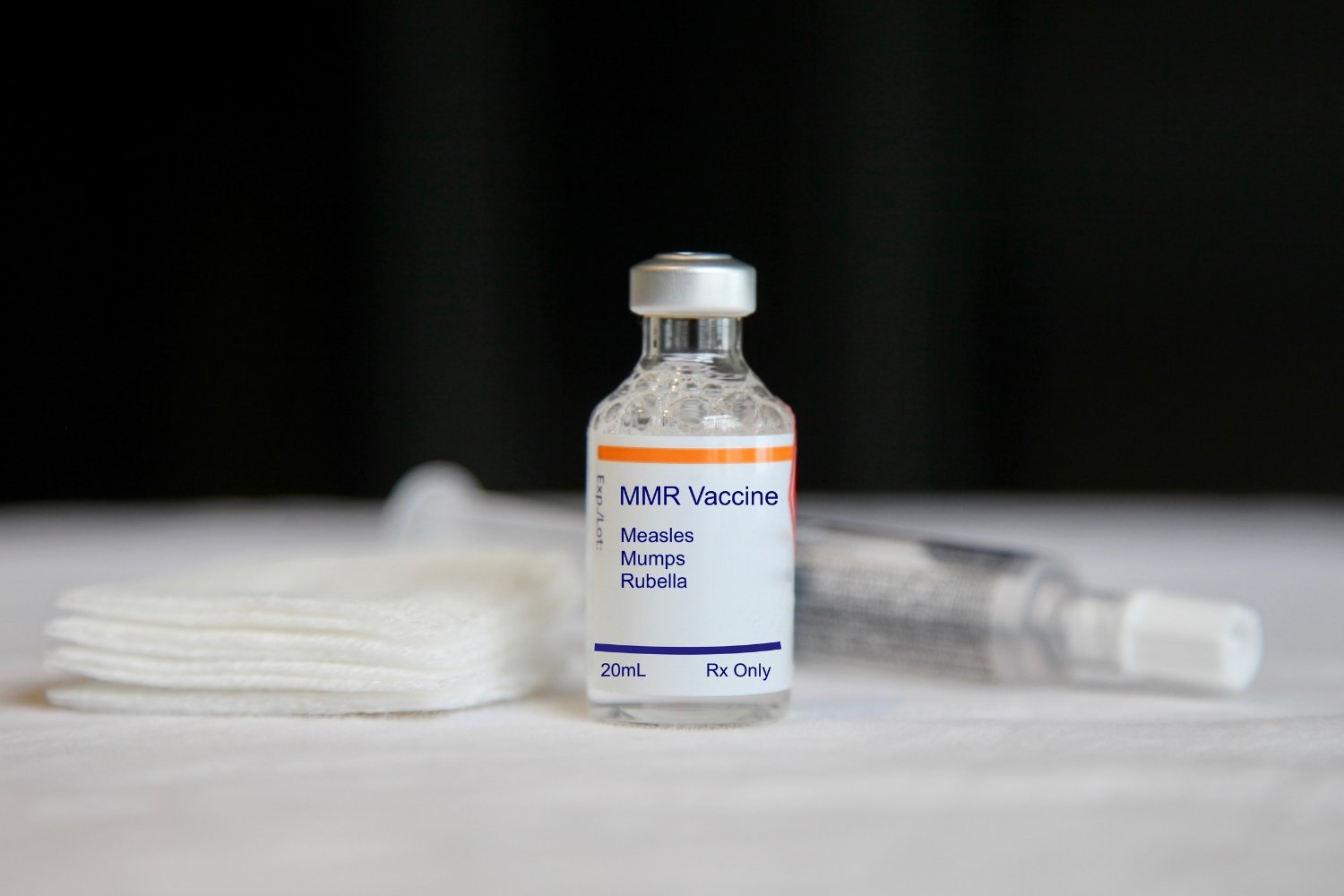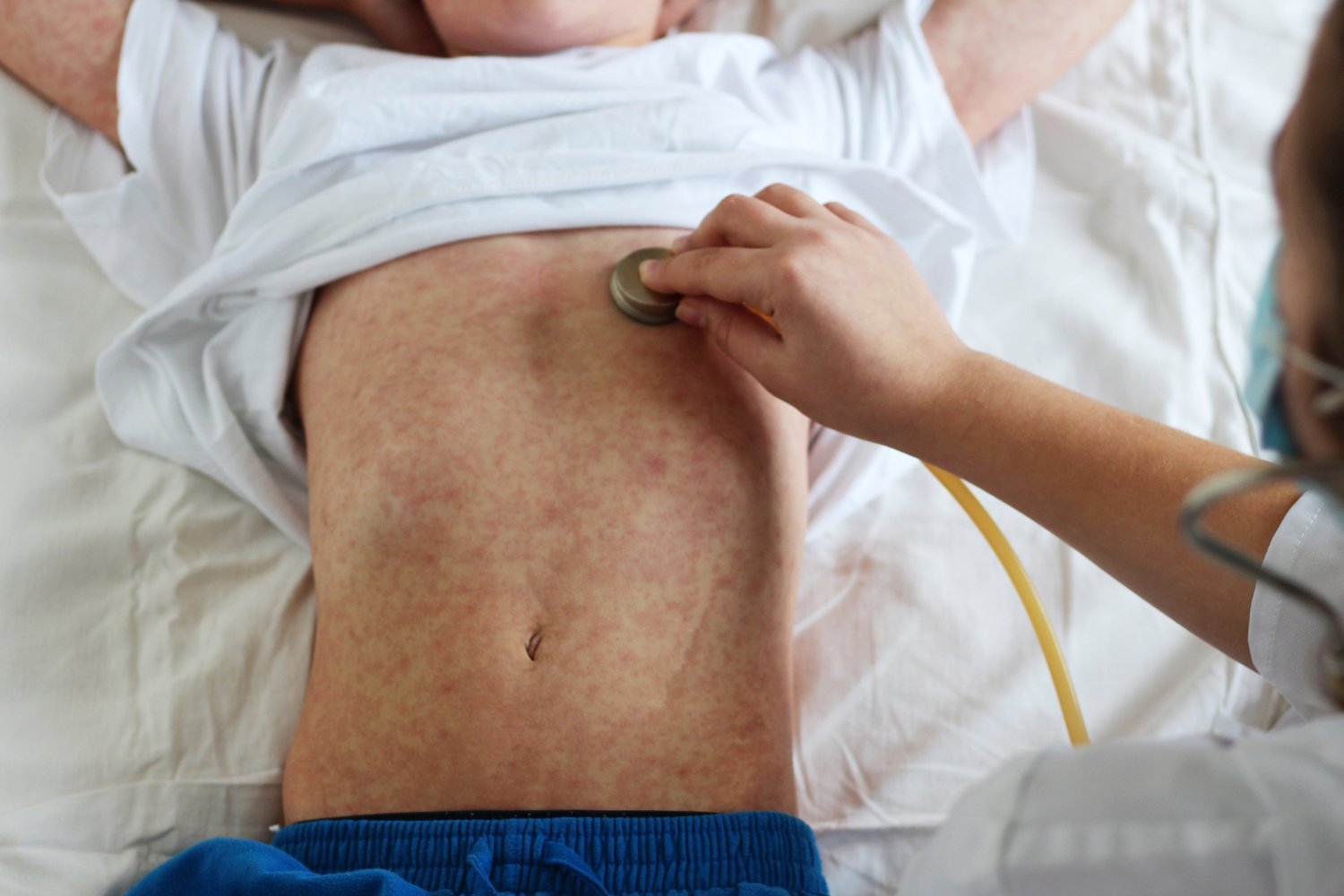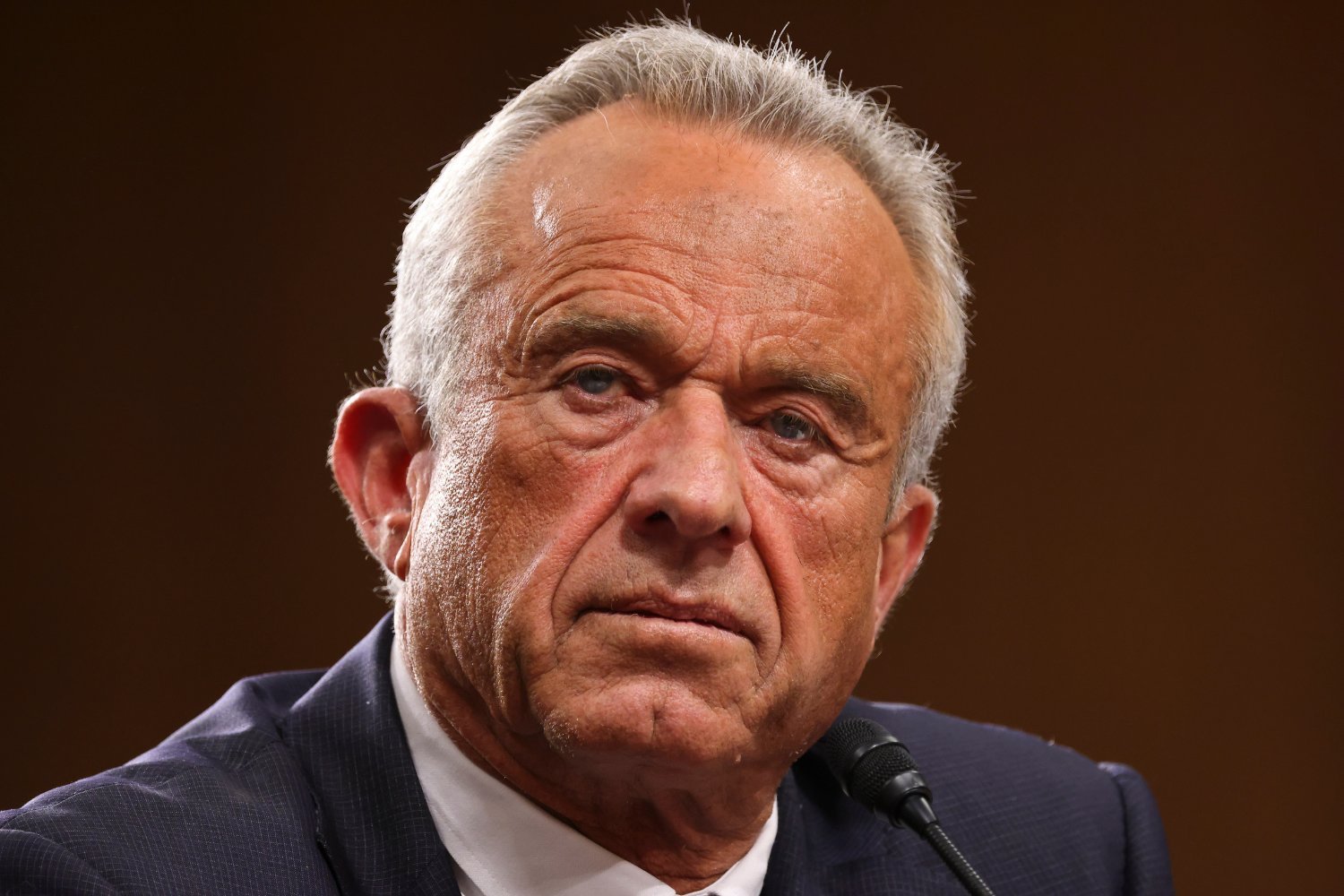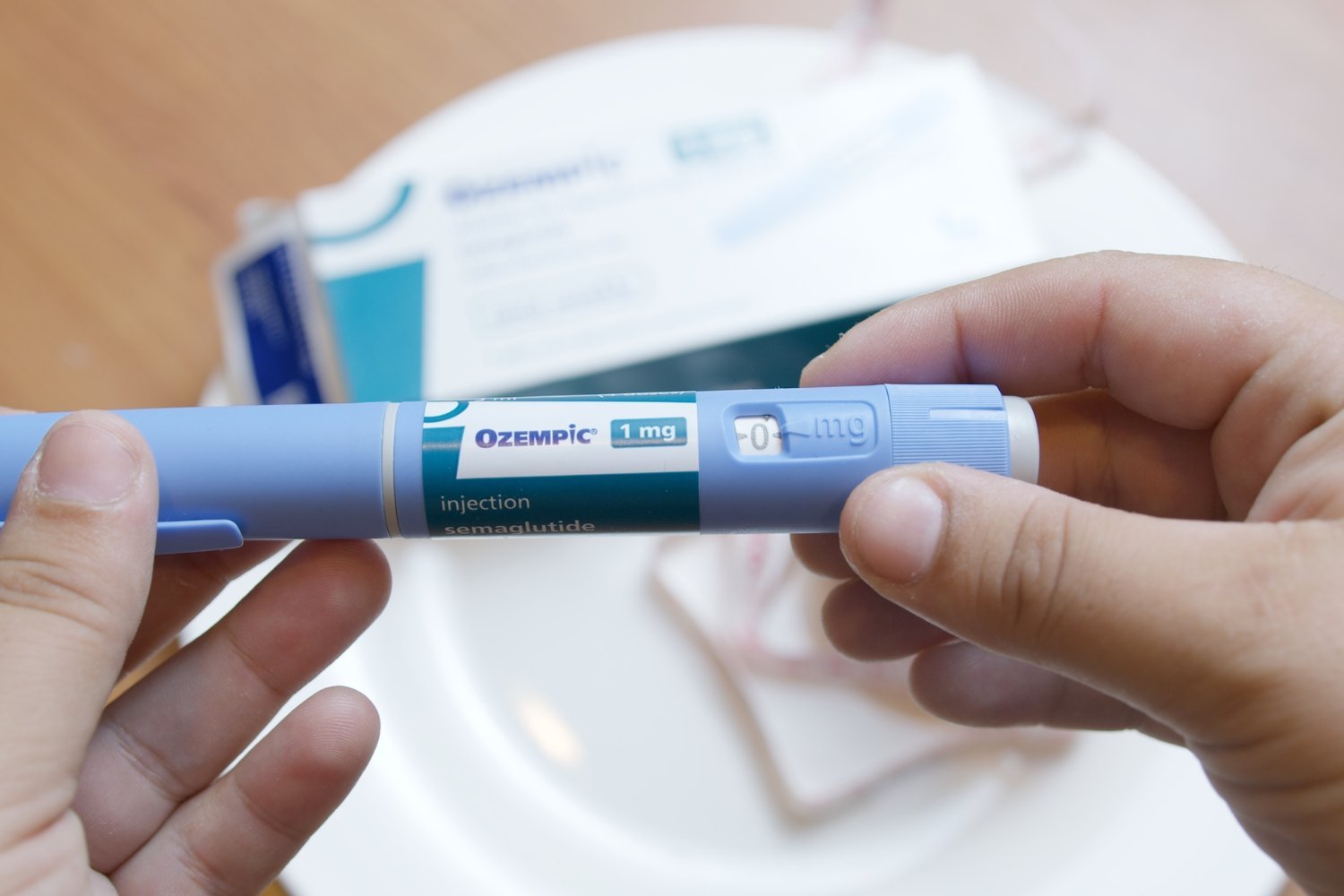The measles outbreak continues to spread across Texas and New Mexico, with over 200 confirmed cases, according to recent reports from health authorities. This concerning development follows the suspected measles-related death of an unvaccinated adult in New Mexico, potentially the second fatality in this outbreak.
Texas and New Mexico Report Rising Measles Cases
The Texas Department of State Health Services (DSHS) has reported 198 measles cases in West Texas since late January, with 23 individuals requiring hospitalization. Tragically, a school-aged child in Texas succumbed to the disease last month, marking the first measles death in the U.S. since 2015. Meanwhile, New Mexico has identified 30 cases, though no hospitalizations have been reported to date. The individual who died of suspected measles in New Mexico had not been hospitalized prior to their passing.
National Measles Cases on the Rise
The Centers for Disease Control and Prevention (CDC) has documented 222 measles cases nationwide this year, excluding the recently reported cases in Texas and New Mexico. These figures indicate a wider spread, with cases identified in Alaska, California, Florida, Georgia, Kentucky, New Jersey, New Mexico, New York, Pennsylvania, Rhode Island, and Washington. Interestingly, following the first reported measles death last month, newly appointed Department of Health and Human Services (HHS) head Robert F. Kennedy Jr. mentioned two fatalities, a claim yet to be substantiated. However, with the recent suspected death in New Mexico, a second fatality seems increasingly likely, pending official confirmation.
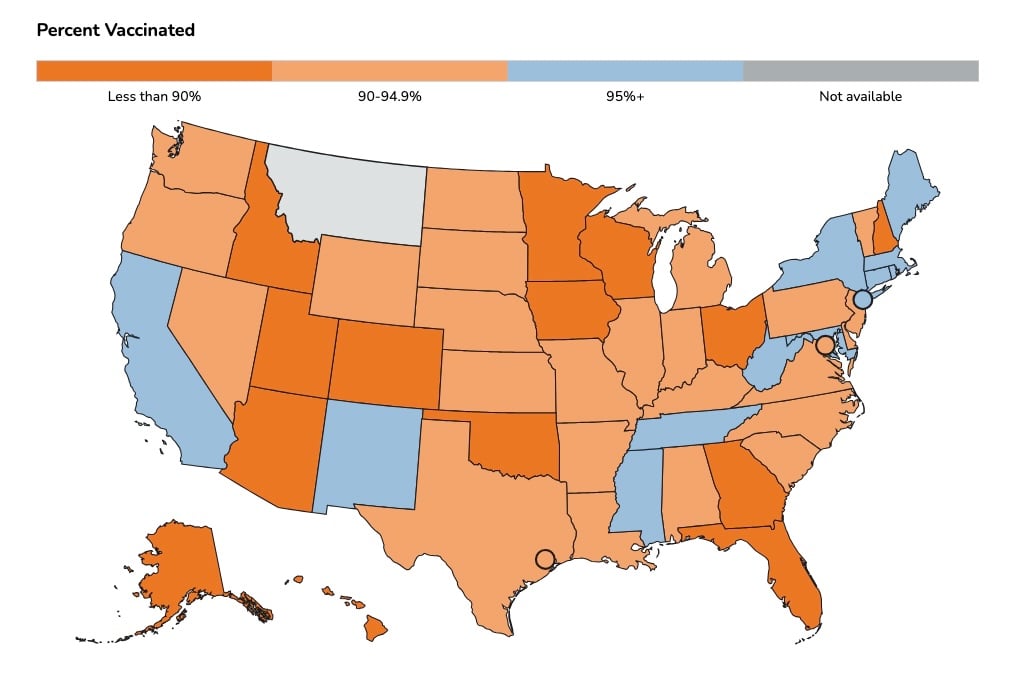 Map showing the measles vaccination rates by state in 2023-2024.Measles vaccination rates across the United States vary significantly, impacting herd immunity levels. (Map: CDC)
Map showing the measles vaccination rates by state in 2023-2024.Measles vaccination rates across the United States vary significantly, impacting herd immunity levels. (Map: CDC)
Measles Demographics and Severity
While measles poses the greatest risk to young children, anyone can contract the disease and experience severe complications. In Texas, the age distribution of reported cases is as follows:
- 0-4 years old: 64 cases
- 5-17 years old: 89 cases
- 18+ years old: 34 cases
- Pending: 11 cases
New Mexico shows a slightly older demographic:
- 0-4 years old: 3 cases
- 5-17 years old: 8 cases
- 18+ years: 15 cases
- Pending: 4 cases
Importance of Vaccination and Herd Immunity
Vaccination remains crucial for preventing measles, although even vaccinated individuals can contract the disease, especially in communities with low herd immunity. The measles vaccine is approximately 97% effective after two doses. Herd immunity, typically achieved at around 95% vaccination coverage, is essential for protecting vulnerable populations. According to the CDC, only 11 states currently maintain herd immunity for measles.
Addressing Misinformation and Promoting Vaccination
Despite scientific consensus, some individuals advocate alternative preventative measures, such as increased vitamin A intake, a claim previously made by Secretary Kennedy himself. While nutrition plays a role in overall health, vaccination remains the most effective defense against measles. Individuals concerned about their immunity levels should consult their doctor about a titer test, which can assess measles antibody levels.
With Secretary Kennedy’s apparent reluctance to explicitly endorse vaccination, the responsibility for promoting this vital public health message falls largely on state health officials.
“We don’t want to see New Mexicans getting sick or dying from measles,” emphasized Dr. Chad Smelser, New Mexico’s deputy state epidemiologist. “The measles-mumps-rubella (MMR) vaccine is the best protection against this serious disease.”
Conclusion
The ongoing measles outbreak underscores the critical importance of vaccination and maintaining high levels of herd immunity. As cases continue to rise across multiple states, public health officials are working diligently to control the spread and emphasize the efficacy of the MMR vaccine. Consult with your healthcare provider to ensure your vaccination status is up-to-date and for any concerns regarding measles prevention.



